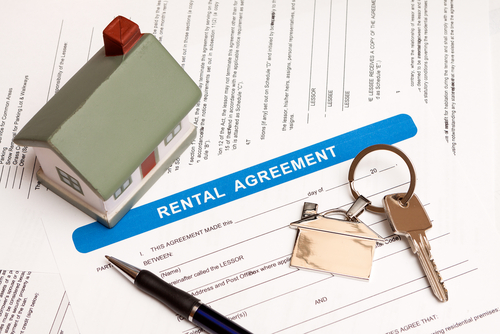For many people, owning property is just a part of the overall dream. Sometimes this means owning your dream home and for others property can be a very smart investment. But being a landlord is quite a bit more complicated than simply owning a home that someone else lives in. It requires knowing who your renters are and knowing all you can about how to pick the right tenants. The right tenants can help you form a very valuable relationship and keep your property in good hands. To get the right tenants, though, you have to know all you can about what type of tenant screening questions to ask, where to find the answers, and how to weed through the problematic applications.

Any application you create must address the core items. These are questions that will help you determine, at first glance, if they can afford to rent your home, apartment, or condo.
- Rental history
- Income
- Who will reside on the property?
- Credit history
- Do they own pets?
- Professional references
- Personal references
This is the first step in learning more about your potential tenants. Obviously, a good rental history, along with an accurate means of contacting previous landlords, is absolutely essential, but so is income. If a quick run through of the calculator shows that the rent is stretching their budget, then there could be problems down the road. They have to be able to make the rent on time each month or you will be saddled with it. As for pets, that is entirely up to you but you should consider that “model pets” on paper seldom tend to be that way in the real world.
One final question that needs to be addressed is criminal history. Yes, people do deserve second chances and not all offenses or crimes are the same. But, whether they answer “Yes” or “No” to this question can really illuminate how honest they are. If they are completely upfront with you, then you do have a good chance at having honest communication and that is incredibly important.
The key to protecting your property really comes down to you doing your research. You have to know your state’s rules and regulations that protect your rights, along with your tenants’ rights. Read up as much as you can on legal deposit fees, eviction rights and procedures and what you can and cannot enforce. The more you know initially, the better off you will be years down the road.
Remember that tenant screening is just the first step. Many times you will need to go with your gut instincts on the people applying to live in your home but you should always screen to the best of your ability.
Jillian Johnson is a professional marketing content writer who blogs on a variety of topics. Follow her @MissWritey.

